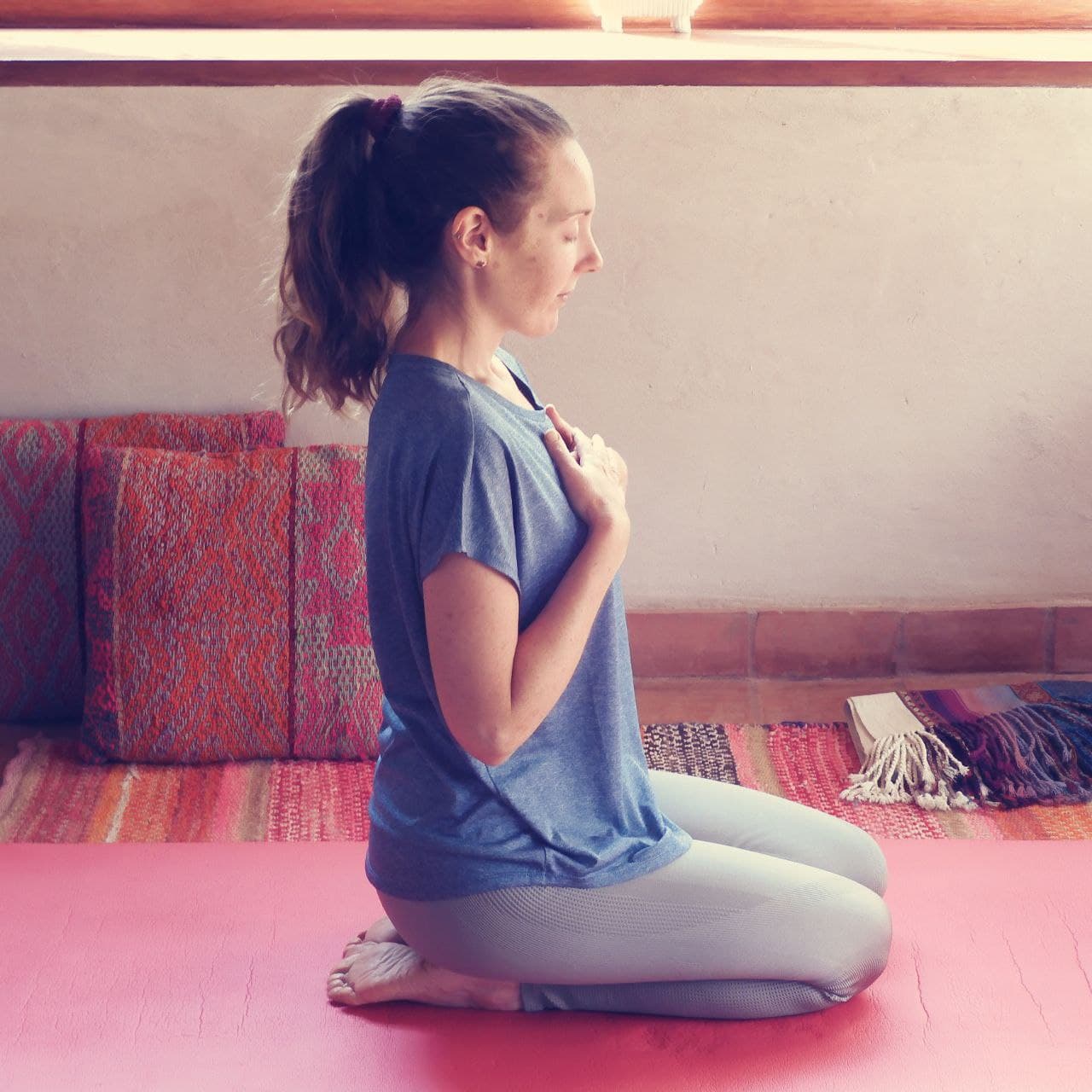Discover how forgiveness supports emotional freedom, inner peace and holistic healing across mind, body and spirit.
Key Takeaways
- Forgiveness is a layered healing process that unfolds over time, not a single act.
- True forgiveness begins with willingness, openness and releasing obligation-based beliefs.
- Unforgiveness keeps us tied to the past and can affect mental, emotional and relational wellbeing.
- Forgiving yourself is foundational before extending forgiveness outward.
- Practices such as Ho’oponopono, mindfulness and inner child work support deep emotional and spiritual healing.
The Power of Forgiveness in Healing
In every layer of healing; emotional, mental, physical and spiritual, forgiveness plays a central role. It is not simple, linear, or instantaneous. It is a process that unfolds in stages, inviting us to gently explore pain, unmet needs, misunderstandings and emotional wounds that we may have carried for years.
Forgiveness does not mean forgetting, condoning or erasing the past. Instead, it opens space for relief, peace and inner freedom in the present moment. When we hold onto resentment, hurt or anger, we remain bound to the very experiences we are trying to escape. Forgiveness becomes the key to our own liberation.
Unforgiveness often lives in the shadow aspects of the psyche, hidden corners where resentment, hurt and unmet needs reside. These layers can influence our emotional wellbeing, relationships, responses and overall quality of life. Healing requires acknowledging these parts with compassion rather than judgement.
This article explores the nature of forgiveness, why it is essential for healing, and how to cultivate a compassionate, authentic relationship with forgiving yourself and others.
Forgiveness as a Healing Process
Forgiveness is not simply a moral act or a behavioural choice. It is a multidimensional shift that touches the whole self. A true form of forgiveness arises from openness, willingness and the courage to face discomfort.
It is not intellectual.
It is not forced.
It is not a demand placed upon the heart.
Forgiveness happens when the heart is ready.
Holding onto past pain, anger or stories of injustice keeps us tied to the emotional charge of those events. This drains our energy, limits our capacity for joy and can create barriers to forming meaningful, fulfilling relationships. When we begin the process of forgiving, we release the emotional residue that has held us captive.
Ultimately, forgiveness is an act of self-love.
What Is True Forgiveness?
Historically, forgiveness has been shaped by religious, cultural and social expectations. Much of the language we inherit reinforces obligation:
- I must forgive.
- You should forgive.
- I have to forgive.
These beliefs can create pressure, guilt or shame, all of which are counterproductive to genuine healing.
True forgiveness is a natural, heart-led process that emerges without coercion. It is an expression of compassion, acceptance, understanding and gentle release.
Ancient Greek philosophers such as Plato and Aristotle viewed wrongdoing not as a reason for punishment, but as an expression of human ignorance or unresolved inner conflict. Their perspective highlights forgiveness as a pathway to restoring harmony; both internally and collectively.
Forgiveness is therefore not transactional. It is transformational.
Forgive Yourself, Forgive Others
A deeper understanding of forgiveness begins with recognising that we are all doing the best we can with the awareness and resources available to us at any given moment. When we forget this truth, we also forget our own innocence.
Inner child healing reveals that many of our patterns, coping mechanisms and emotional reactions formed at times when we did not have the support, tools or safety we needed. We developed beliefs about being “good,” “lovable,” or “worthy” based on external conditions.
Forgiving yourself becomes the foundation for forgiving others.
It may unfold slowly:
- through acceptance
- through acknowledging pain
- through witnessing suffering without judgement
- through choosing compassion over self-blame
Forgiveness does not need to be complete to be healing. It simply needs to be honest.
A Living, Evolving Practice
Many of us were taught to forgive others before learning to forgive ourselves. This bypasses the essential first step. One powerful practice that honours this deeper truth is the ancient Hawaiian spiritual practice of Ho’oponopono.
At its core, Ho’oponopono is a process of taking compassionate responsibility for your inner world and recognising your interconnectedness with others. Research and experiential accounts show this practice can reduce stress, soothe the nervous system, support immune function and foster emotional reconciliation.
Ho’oponopono Prayer
“I’m sorry.
Please forgive me.
Thank you.
I love you.”
Repeating this mantra helps dissolve emotional stagnation, soften internal resistance and open the heart to healing. Spoken with intention, it has the power to shift deeply rooted narratives and bring clarity, softness and peace.
Embodying Forgiveness in Healing
Reprogramming deeply held beliefs takes time. It requires patience, gentleness and self-compassion. Forgiveness is not a quick fix; it is an emotional, energetic and spiritual recalibration.
When forgiveness becomes embodied:
- you feel more grounded in yourself
- emotional tension begins to loosen
- relationships soften or re-align
- and inner peace becomes more accessible
Integrated with practices such as:
- mindfulness,
- meditation,
- inner child healing,
- somatic therapy,
- energy work,
- and spiritual practices,
forgiveness becomes both a path and a destination, leading you back to freedom.
Forgiveness liberates you from the past and returns you to the present, where life is waiting to be lived fully.
Reflective Exercise: Meeting Forgiveness with Openness
- Gently identify a person, situation or memory where forgiveness feels difficult.
- Place a hand on your heart and acknowledge your feelings without judgement.
- Repeat the Ho’oponopono mantra once or twice, slowly.
- Ask yourself: “What small part of this situation am I willing to soften today?”
- Let the answer arise naturally — no forcing, no expectations.
Explore Compassion-Based Healing
If forgiveness is a theme in your healing journey and you feel ready to explore it more deeply, you can find supportive tools across the blog; including articles on emotional healing, inner child work and practices that nurture self-compassion and spiritual renewal.



